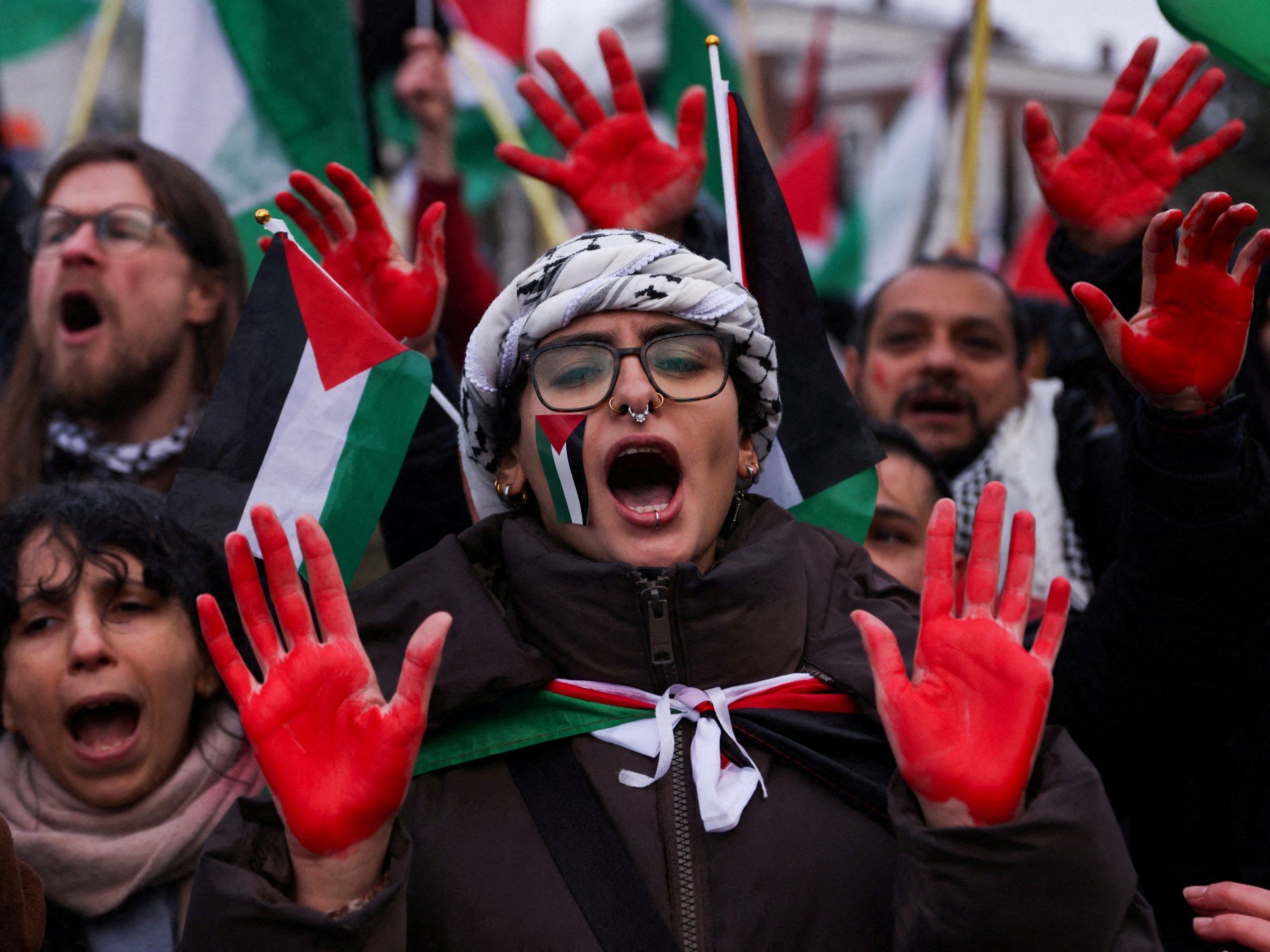Following a request from the UN General Assembly last year to assess Israel’s responsibility for ensuring the supply of essential supplies to Gaza, the hearings started on Monday in The Hague and will continue throughout the week.
Israel has been preventing aid to Palestinians who are currently experiencing severe food, water, fuel, and medical shortages for the past 18 months.
38 nations will address the 15-judge panel over the course of five days to discuss how Israel’s actions are in line with international law, including the United States, China, France, Russia, and Saudi Arabia.
The Organization of Islamic Cooperation, the African Union, and the League of Arab States will also make their arguments about Israel’s obligations to Gaza.
Weapon of war
Ammar Hijazi, a top Palestinian official, claimed that Israel was preventing the use of weapons as “weapon of war” against Israel.
Since March 2 when Israel imposed what has become its longest ever blockade of the territory, food and medical supplies haven’t reached the 2.3 million Gaza Strip residents. A two-month ceasefire was broken two weeks later.
These are the actual facts. There is starvation now. Humanitarian aid is being used as a weapon of war, according to Hijazi.
The UN has assigned the ICJ to provide an advisory opinion “on a priority basis and with the utmost urgency.”
The court’s advisory opinion will likely influence future international legal strategies, despite the absence of a definitive ruling.
However, it is not binding, which means that whether a state decides to enact it or not depends on how it is implemented.
According to Rory Challands, a journalist from The Hague, Israel “will likely ignore the decision, as it has done with other decisions from the ICJ, the International Criminal Court, and other international legal bodies.”
He continued, adding that “the pressure is mounting” on Israel as more and more international courts rule against its actions.
“Systematic persecution”
In its deliberations, the ICJ will take into account both the positions of national actors and international organizations.
However, it won’t receive direct communication from Israeli representatives. Tel Aviv has instead written objections and advice.
In remarks made to reporters in Jerusalem, Israeli Foreign Minister Gideon Saar responded to the hearings by calling them “part of a systematic persecution and delegitimization of Israel.”
Source: Aljazeera

Leave a Reply